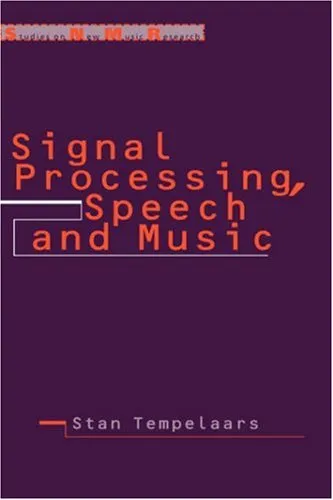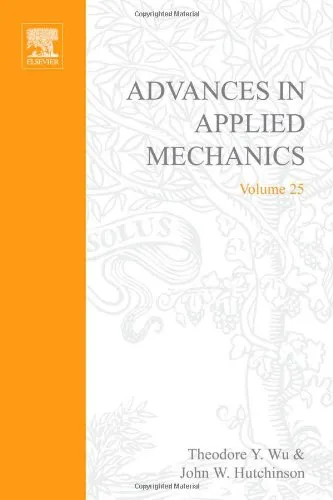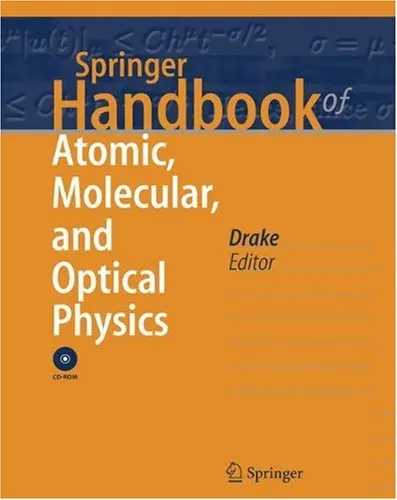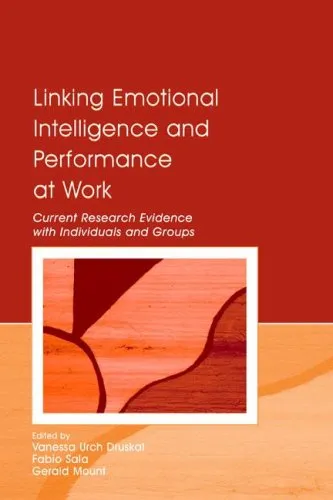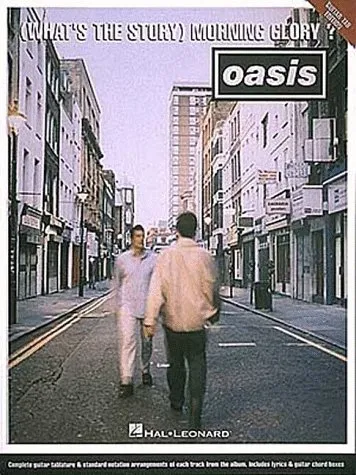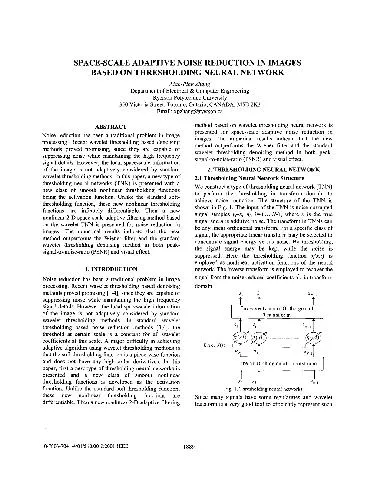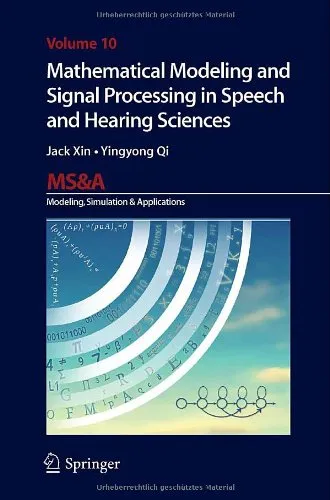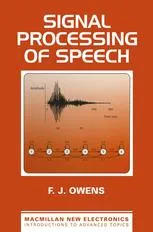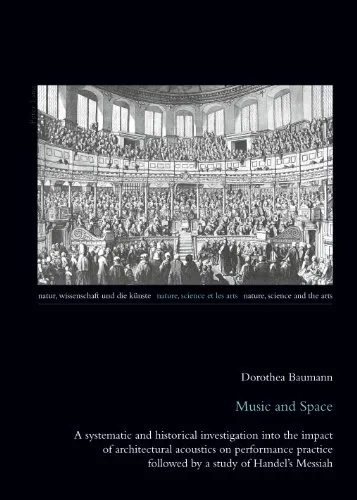Signal Processing, Speech and Music (Studies on New Music Research)
3.0
Reviews from our users

You Can Ask your questions from this book's AI after Login
Each download or ask from book AI costs 2 points. To earn more free points, please visit the Points Guide Page and complete some valuable actions.Related Refrences:
Welcome to the detailed introduction of Signal Processing, Speech and Music (Studies on New Music Research), an essential resource for anyone fascinated by the interdisciplinary study of signal processing and its profound implications for speech and music. This book bridges the gap between technology, musicology, and sound engineering by exploring how modern signal processing techniques shape our understanding of sound, music creation, and communication.
A Detailed Summary of the Book
At its heart, the book integrates theoretical insights with practical applications, delving into the core mechanics of signal processing to explain how speech and music signals can be analyzed, transformed, and synthesized. Written for academics, researchers, and musicians alike, it combines foundational principles with cutting-edge methodologies, making it both instructive and engaging for readers with varied professional interests. The content spans the technical intricacies of Fourier analysis and machine learning, while also embracing the artistry of music composition and vocal delivery.
The book is structured around several interconnected themes. It begins by exploring the fundamentals of signal processing, offering accessible explanations of key concepts such as frequency analysis, spectral composition, and filtering techniques. Subsequent chapters delve into the nuances of speech processing, discussing topics such as phonetics, speech synthesis, and speaker recognition systems. In its latter sections, the focus shifts toward the auditory and aesthetic domains of music, where topics like pitch detection, timbral analysis, and audio effects become central.
Readers will also find discussions on how algorithms, machine learning, and artificial intelligence revolutionize the way that speech and music are recorded, processed, and perceived in today's digital age. Groundbreaking developments in automatic transcription, sound design, and music recommendation systems are featured as examples of application-driven innovation.
Key Takeaways
- A comprehensive introduction to the principles of signal processing and their applications in speech and music.
- Insights into speech signal analysis, including fundamental concepts like formants, phonemes, and speech synthesis.
- An exploration of musical acoustics, tonal analysis, and the computational tools used to model music perception.
- Discussions on the interplay between technology and creativity in sound and music production.
- Practical applications of algorithms and AI in speech recognition and music generation.
The book offers readers an opportunity to not only grasp the scientific underpinnings of sound but also explore its artistic possibilities, making it an invaluable guide for students and professionals alike.
Famous Quotes from the Book
"Sound is more than just vibration — it is the synthesis of physics, perception, and culture, which signal processing enables us to unravel one frequency at a time."
"Much like a music score is meaningless without a performer, algorithms are meaningless without the human capacity to imagine sound and bring it to life."
"Speech and music are two halves of the same coin — both are uniquely human expressions that convey meaning far beyond words and notes."
"In the symphony of signals, whether it be spoken or sung, technology writes its own compositions for the 21st century."
Why This Book Matters
This book matters not just for its technical depth, but because it tackles the human questions behind speech and music in the age of digital transformation. It bridges disciplines, creating a route for collaboration between engineers, composers, linguists, and sound designers. By revealing how signal processing enables storytelling, emotional expression, and cultural preservation, the book highlights the significant role of technology in shaping the way we communicate and create art.
Whether you're an engineer interested in audio technology, a musician working with electronic tools, or a researcher investigating the cognitive aspects of auditory perception, Signal Processing, Speech and Music equips you to explore this interdisciplinary field with confidence and creativity. Its relevance spans industries, from entertainment and education to telecommunications and health, reflecting the practical importance and academic rigor of its research.
In a world that continues to be shaped by the interplay of tradition and innovation, this book offers readers the tools and frameworks to navigate and contribute to the evolving landscape of sound and music technology.
Free Direct Download
You Can Download this book after Login
Accessing books through legal platforms and public libraries not only supports the rights of authors and publishers but also contributes to the sustainability of reading culture. Before downloading, please take a moment to consider these options.
Find this book on other platforms:
WorldCat helps you find books in libraries worldwide.
See ratings, reviews, and discussions on Goodreads.
Find and buy rare or used books on AbeBooks.
1219
بازدید3.0
امتیاز0
نظر98%
رضایتReviews:
3.0
Based on 0 users review
Questions & Answers
Ask questions about this book or help others by answering
No questions yet. Be the first to ask!
